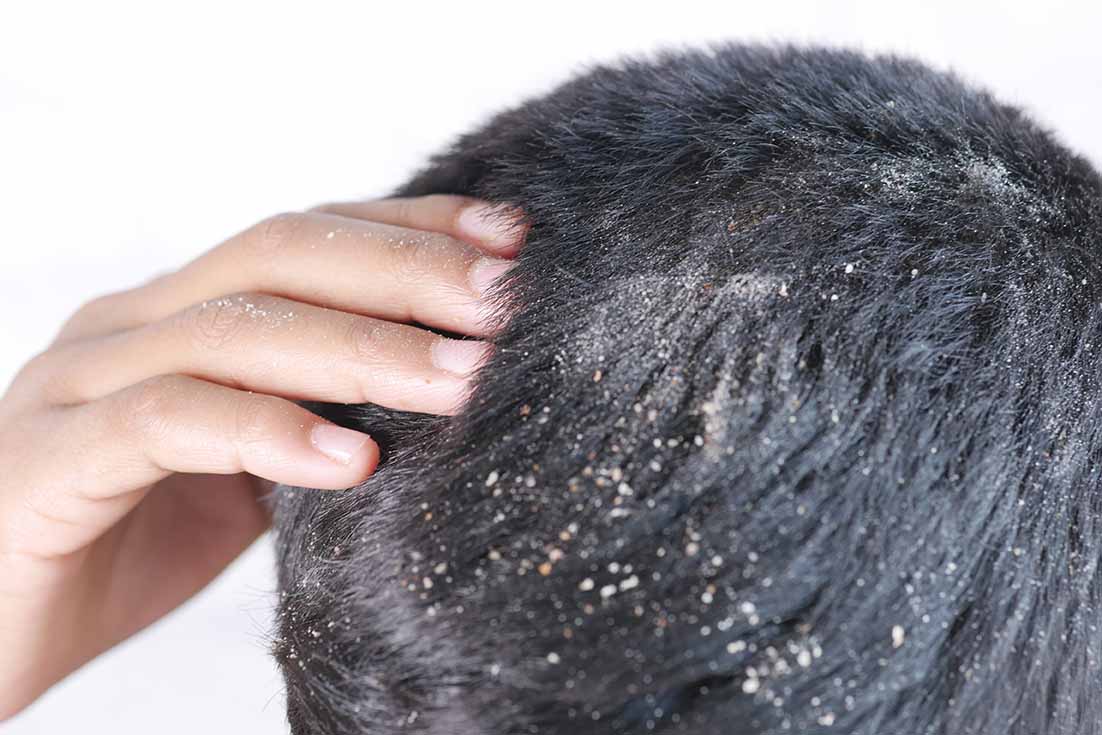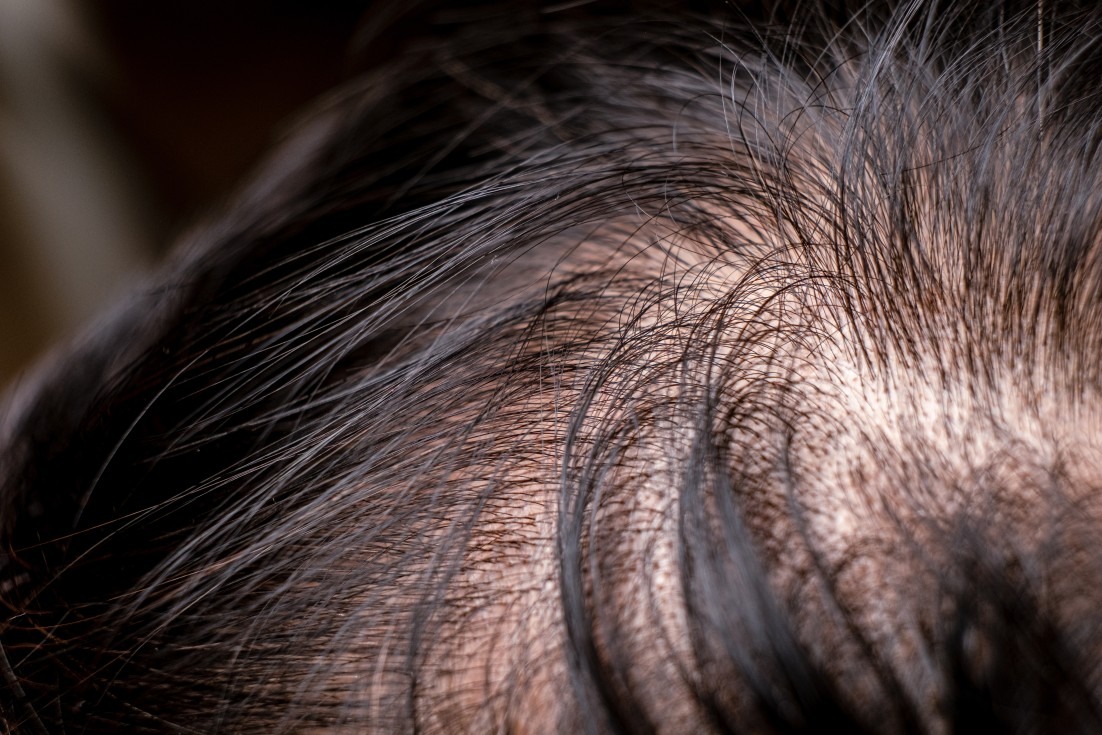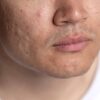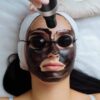
Dandruff and Hair Loss: Are they linked?
Last Updated on April 29, 2023 by Derma Arts Team
Across all age groups, hair loss and reduction in the volume are now rather widespread. Although stress is known to be a factor in thinning hair and greying, dandruff may also be an irritating source of these problems. We all have extensive skincare routines. However, we often overlook the importance of scalp health in preventing problems like dandruff.
Losing up to 100 hair strands each day is normal, especially if your scalp is healthy. However, if you have flaky scalp problems and more hair loss than usual, it’s likely that you have dandruff. Although hair loss, which affects the hair follicles, and dandruff, which affects the scalp, are two very different conditions, there is a connection between them. In actuality, dandruff may promote hair loss.
Let’s talk about the relationship between dandruff and hair loss as well as how to cure and avoid it.
Correlation between Hair Loss and Dandruff
A skin problem called dandruff causes white or yellow flakes to appear on the head and fall off on the shoulders. Dandruff is not the only main factor to blame for hair loss. Dandruff causes itching that affects the hair follicles, which might cause some hair to come out. It is typical to lose between 50 and 100 hair strands per day. You will require medical attention if your hair loss is excessive. In people with male pattern baldness and female pattern baldness known as androgenetic alopecia, dandruff can make hair fall worse.
Various types of dandruff can cause hair fall
Severe dandruff-related redness and itching on the scalp: This can end up in scratching and harm to hair follicles, resulting in some hair loss.
Secondary dandruff caused by various skin problems: These conditions, which include biotin deficiency, psoriasis, and fungal infections, may trigger hair loss. Most of the time, this loss is short-term and curable.
Dandruff and hereditary hair loss: Androgenetic alopecia, which is brought on by an excessive amount of androgens, can also result in seborrhoea (over-oil production), which can then produce seborrheic dermatitis, which is accompanied by dandruff.
Resistance to hair wash: Some people who are experiencing hair loss may avoid washing their hair out of concern that they may lose more hair, which could cause more dandruff. Additionally, using certain hair loss medicines like minoxidil can result in dandruff.
Treatment & Prevention of Hair Loss Due To Dandruff
Hydration and moisturization: One of the reasons for dandruff is a dry scalp. Salicylic acid, one of the ingredients in anti-dandruff shampoos, can dry up your scalp. Use coconut oil to massage your scalp to increase the flow of blood to the area. Antifungal properties are found in coconut oil. Search for a conditioner that is suitable for your hair type to increase hydration to your scalp.
Avoid Using Harsh Hair Care Products: Your hair care products may contain sulphates, preservatives, perfumes, and colours that can irritate the scalp and result in contact dermatitis. Don’t use harsh products instead use soft hair care.
Stress Management: Although stress doesn’t directly cause dandruff, it does compromise your immune system and make your scalp more susceptible to fungus. Use yoga, meditation, or deep breathing techniques to reduce stress.
Use of Medicated Shampoos: If you have a mild case of dandruff, switch to medicated shampoos that contain ingredients such as Pyrithione Zinc, Salicylic Acid or Ketoconazole.
Keep in mind to always use anti-dandruff shampoos according to the directions given on the shampoo bottle because the effectiveness of some shampoos may depend on how long they are left on the scalp.
Select Herbal Shampoos: Use herbal shampoos with anti-dandruff hair loss aspects if your scalp is intolerant to chemicals. Check for natural products with properties such as Neem, Aloe vera, Reetha, Bhringraj, Turmeric, Rosemary oil, Mint, Amla etc.
Will Dandruff-Related Hair Loss Recover?
When dandruff has been eliminated, hair loss can be controlled. The lost hair will grow back. To see new strands, though, will require some perseverance over a few weeks. A proper hair care routine, a nutritious diet, natural remedies, and the right products for hair care can all help in promoting hair growth.
Can Shampoo for Dandruff Lead to Hair Loss?
Anti-dandruff shampoos can cause more hair loss since they contain chemicals like selenium sulphide. They are strong components made to eliminate the fungus on your scalp. When used for brief periods of time and in low doses, these compounds are safe. Long-term use of these shampoos may accelerate hair loss.
Dandruff can be confused with a number of scalp disorders. Dandruff can hasten hair loss even though it is not the main factor. Consult Dr Mitra Amiri, Best Dermatologist in Delhi right away at DermaArts Clinic if your hair is thinning or your scalp is really itchy. Most essential, despite all of your physical problems, love and care for yourself.








